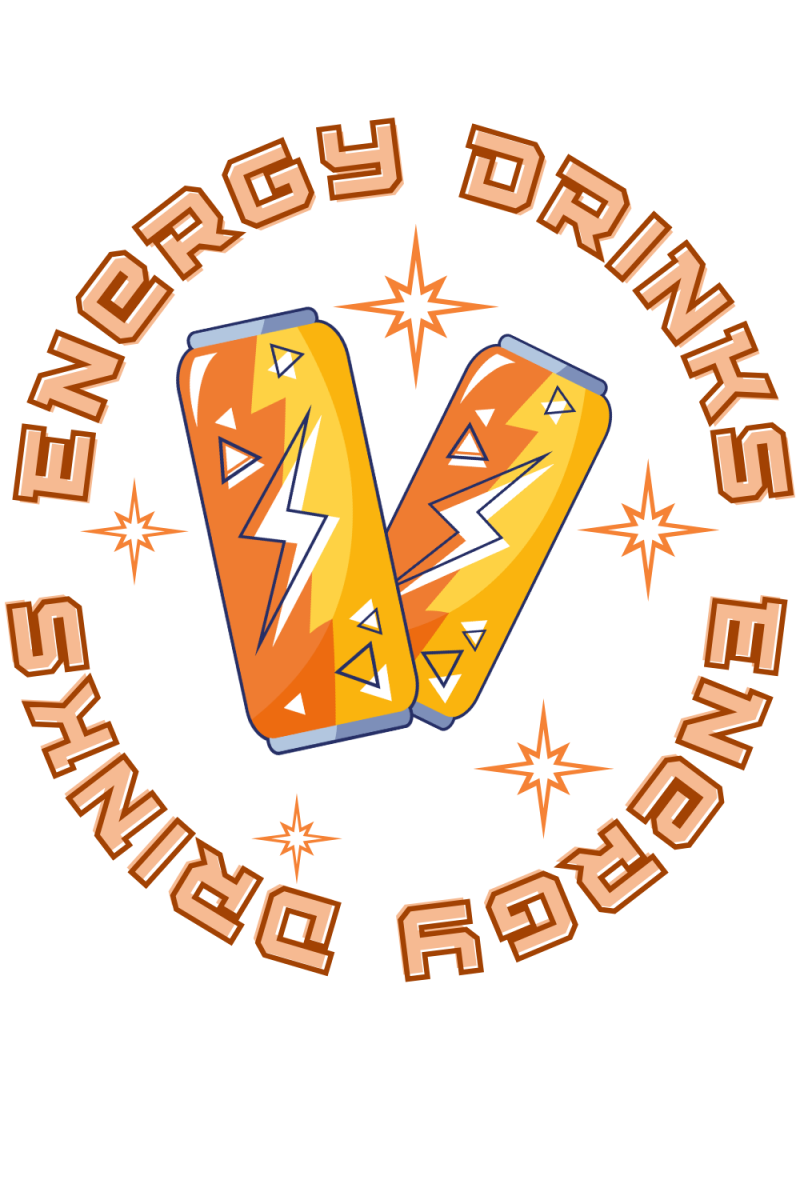According to a report done by The National Library of Medicine (NIH) in 2013, “about half of U.S. young adults and one third of minor teens report using caffeinated energy drinks.”
Energy drink brand Celsius’ website states that “when combined with exercise, our formula is clinically proven to boost your metabolism and help you burn body fat.” In addition, Monster Energy writes that their caffeine can lead to “increased physical endurance, alertness, increased focus, and improved reaction time.” Are energy drinks a savior for energy deprived athletes, or does caffeine result with more harm done than good?
NIH explains that energy drinks initially are not detrimental to the success of athletes, until they become more relied on and begin to replace natural sources of energy. It becomes harmful for the consumer as the impacts of sleep, diet and water are deterred by energy drinks.
Lincoln sophomore and student-athlete Macleay Brundage says they have had that experience; when she consumes energy drinks too often, the outcome is more negative than positive.
“I was relying on them for my source of energy instead of sleep. I haven’t experienced any super bad negative effects. But last year when I was drinking them every single day, they started not really having an impact anymore. Because I think I was drinking too much caffeine,” said Brundage.
However, Brundage has also found positive benefits that come from the drinks. She says they give her more endurance during her soccer games and help to maintain her energy during the day.
According to NIH, consuming more than 6 mg of caffeine per kg of body mass saturates your liver, preventing it from metabolizing caffeine at a regular rate, so the effects of the drug are lessened when greater amounts are ingested.
There is 86 mg of caffeine in a Monster and 200 mg of caffeine in a Celsius energy drink. According to UCLA Health, the daily recommended value of caffeine for adolescents is no more than 100 mg per day. An excess consumption of caffeine achieved by drinking multiple cans a day can result in the loss of an anticipated caffeine boost, as described by NIH.
While athletes might overlook the negative side effects of energy drinks because of the belief that their high physical activity levels counteract the harmfulness, Lincoln athletic trainer Jamie Mitz wants students to understand the possible consequences.
“I have seen instances where [energy drinks] cause dehydration,” said Mitz. “It can cause tachycardia, an increased heart rate, which does have negative effects on performance.”
In response to student athletes, like Brundage, who say the drinks give her added endurance, Mitz says that’s possible. However, there are ineffective ways of consuming energy drinks, especially for student-athletes.
“When you’re drinking it in advance, the small amount of potential boosts that you could get is probably going to be prior to your actual event. And so, especially at the high school level, when they’re having an energy drink 30-40 minutes before they’re actually going out there, they’re going to be experiencing all the negative things [by the time] they go out for their performance,” said Mitz.
NIH confirms that caffeine is absorbed within 30–120 min, so if consumed too early prior to peak physical activity, energy levels will be reduced.
On balance, Mitz thinks there are far better ways to improve performance, such as adequate sleep, sports drinks, water, electrolytes, etc.
“I would say energy drinks are more negative [than positive],” said Mitz. “Energy drinks can potentially be a crutch. The negatives of energy drinks, not only for athletes, but for people in general, far outweigh the positives.”

